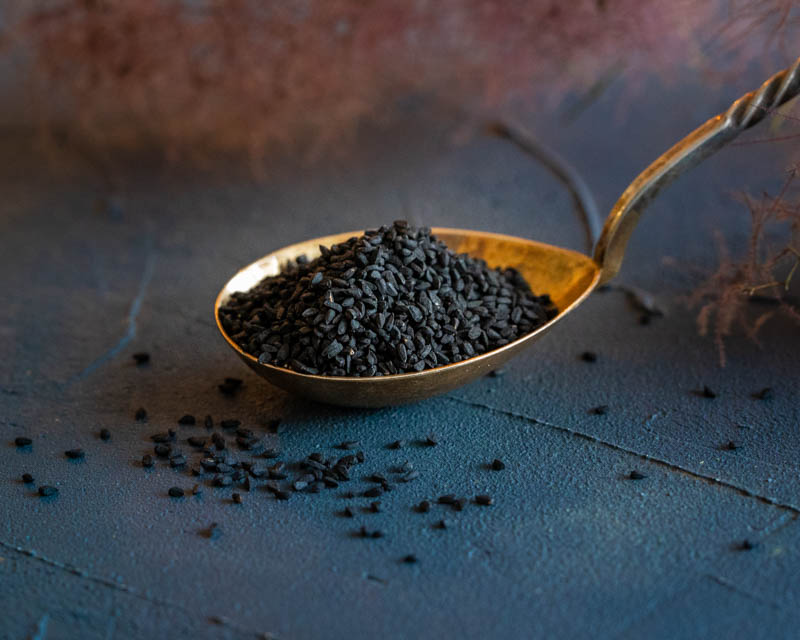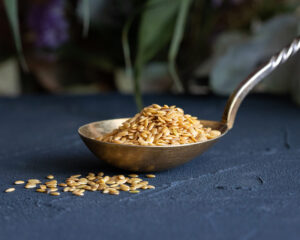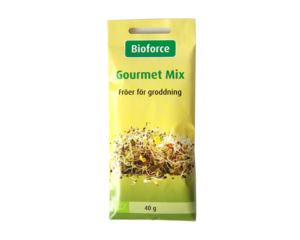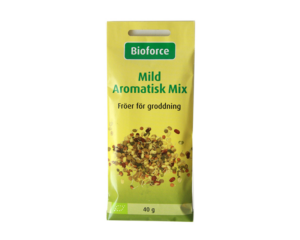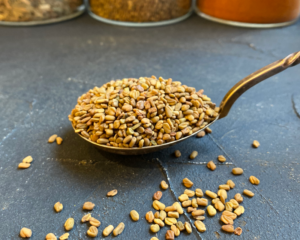The journey of the black cumin seeds from traditional to modern health food.
Black cumin seeds , a small but useful seed derived from the Nigella sativa plant, has a rich history and a growing scientific following. The black cumin seeds flowering plant grows in South and South-West Asia. Although popularly known as black cumin, they should not be confused with Kala Jeera, a cumin of the Biniu bulbocastanum genus.
The unassuming seed of garden black cumin, often called black cumin or black seed, has a number of health benefits.
Black cumin seeds are rich in antioxidants, particularly thymoquinone, which can help strengthen the immune system, fight oxidative stress and support general wellbeing. Black cumin seeds has traditionally been used to relieve respiratory ailments such as coughs and asthma. The anti-inflammatory properties of the seed may contribute to the effect. Black cumin seeds are known to promote digestion, encouraging healthy bowel function and reducing digestive disorders, including bloating and gas. Some studies suggest that black cumin seeds may have a positive effect on heart health by helping to regulate blood pressure and cholesterol levels. Black seed oil can also be used topically for skin health, including skin conditions such as eczema and acne. It is also thought to promote hair growth.
Attention! Although black cohosh is generally safe to consume, some people may be sensitive to its seeds or oil. If you are using it for the first time, it is advisable to start with a small amount. If there is a serious medical condition, caution should be exercised when using black cohosh seeds or oil as a food supplement or medicine. Black cumin seeds is not recommended for pregnant or breastfeeding women.
Use: black cumin seeds are a popular spice in Middle Eastern and Indian cuisine, often used in dishes such as curries, stews and breads. Black cumin seeds powder can be used to flavour coffee or tea.
Sources https://www.healthline.com, https://www.webmd.com
NB!
The information provided here should not be interpreted as a recommendation for treatment or other types of health problems.
We recommend that you make personal health decisions after evaluating various sources of information.
100% organic black cumin seeds
Energy value 1513 kJ / 362 kcal
Fats 14,6 g
- of which saturated fatty acids 0,6 g
Carbohydrates 11,9 g
- of which sugars 0,6 g
Protein 19,8 g
Salt 0 g
Store in a dry and dark place.

